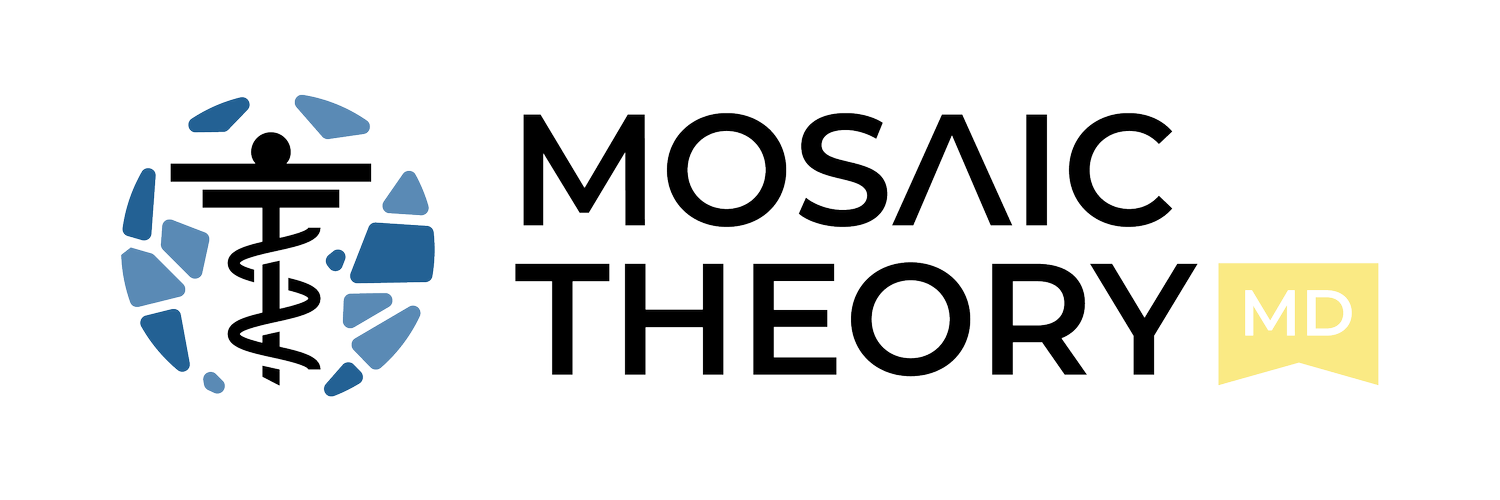How Does Social Environment Impact Your Longevity?
Physical fitness is well understood, but what about social fitness?
As we learn more about well-being and healthy longevity, there's increasing recognition that social fitness is a vital life skill. Social fitness goes beyond just friendships. It involves the ability to interact effectively with others, build and maintain positive relationships, and adapt to various social situations. This includes skills like communication, empathy, cooperation, conflict resolution, and emotional intelligence. While friendships are a key part of social fitness, it also extends to interactions with acquaintances, colleagues, family members, and even strangers.
People with strong social fitness are more likely also to be physically healthy. There seems to be a direct correlation between longevity and social fitness that our health optimization clinic near Washington DC deems important to discuss.
Americans Have Stopped Hanging Out
The challenge we face today is that our society is becoming increasingly less socially fit.
Around 25 years ago, Harvard sociologist Robert Putnam was among the first to identify this decline in social fitness (and social capital, a term he coined) in his influential book, Bowling Alone: The Collapse and Revival of American Community. Putnam detailed how the disappearance of weekly bowling leagues in favor of more sporadic, individual play negatively impacted societal health.
These trends toward solitary activities, now often driven by digital and social media consumption, have only intensified. In a recent Atlantic article titled "Why Americans Suddenly Stopped Hanging Out," writer Derek Thompson notes that “if Putnam felt the first raindrops of an antisocial revolution in America, the downpour is finally here, and we’re all getting washed away in the flood.” Overall, in-person socializing has declined across the board—for men and women, all ages, ethnicities, and levels of income and education. Over the last 20 years, this decline has been roughly one-third.
Experts believe that the rise in anxiety and depression is a direct result of this growing social disconnection.
Suggested Environment Antidotes by Life Stage
Mosaic Theory is a health optimization clinic near Washington DC that can help provide tips on how to enhance your social fitness. Here are some environmental interventions by life stage that can enhance social fitness:
For Young People: Choose Universities (and Work Environments) with Social Fitness in Mind.
When selecting a university, consider factors beyond academics, such as the environment’s collaborative nature and the strength of the community during and after your time there. Ask yourself: How strong is the sense of community? Are the students the kind of people I want to form lasting friendships with?
For Young Parents: Establish In-Person Rituals with Like-Minded Families.
In Jewish culture, Shabbat is observed every Friday night, bringing family and friends together in a ritual that fosters social connectedness. Young parents might consider creating similar traditions that regularly gather like-minded families for meals or activities. These rituals can boost social fitness for both parents and children.
For Empty Nesters: Reevaluate Your Environment’s Role in Social Connections.
Empty nesters often find themselves with newfound freedom after their children move out, which can lead to boredom or loneliness. It’s essential to be proactive in creating a new social calendar that focuses on nurturing friendships. If you find that you no longer connect with your neighbors or community, consider moving to a place where you can forge stronger social connections.
For Older Adults: Understand that Aging in Place Can Sometimes Mean Aging Alone.
While aging in place is a preference for many older adults, it can lead to social isolation, especially when driving becomes difficult. Living in a single-family home in the suburbs may result in spending most of the day alone. Older adults and their families should weigh this trade-off when planning for the future to ensure a socially enriching environment.
Health Optimization Clinic near Washington DC
Longevity medicine is a young field with constantly evolving knowledge and practices. Navigating research data and integrating novel approaches with established protocols requires constant learning and adaptability. If you're looking for a way to transform your health span and are interested in a preventative care doctor in Northern Virginia,please reach out to us at Mosaic Theory MD for a complimentary meet and greet.

